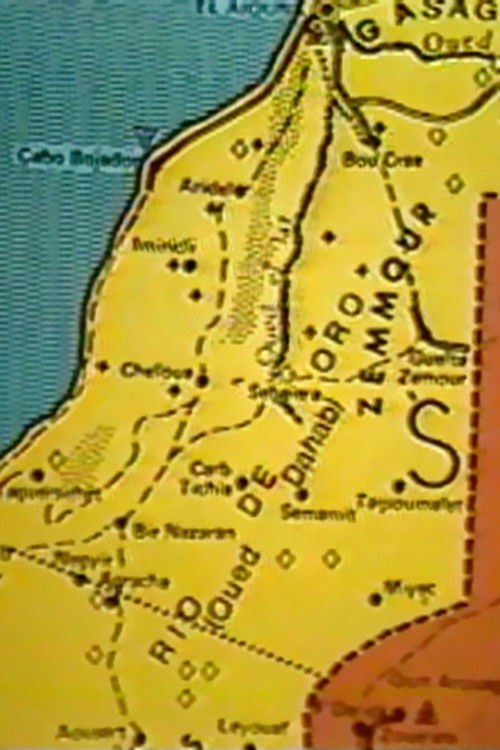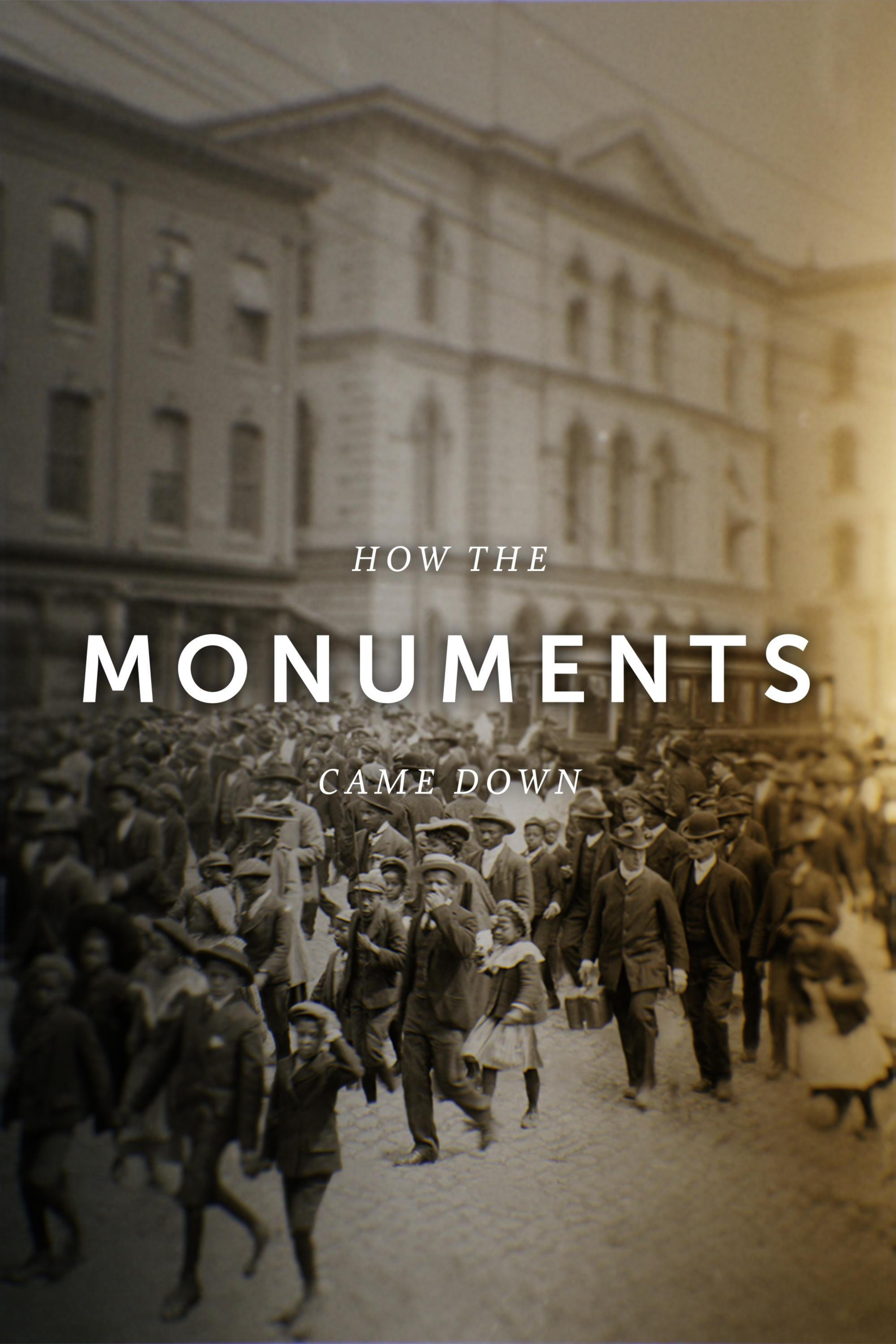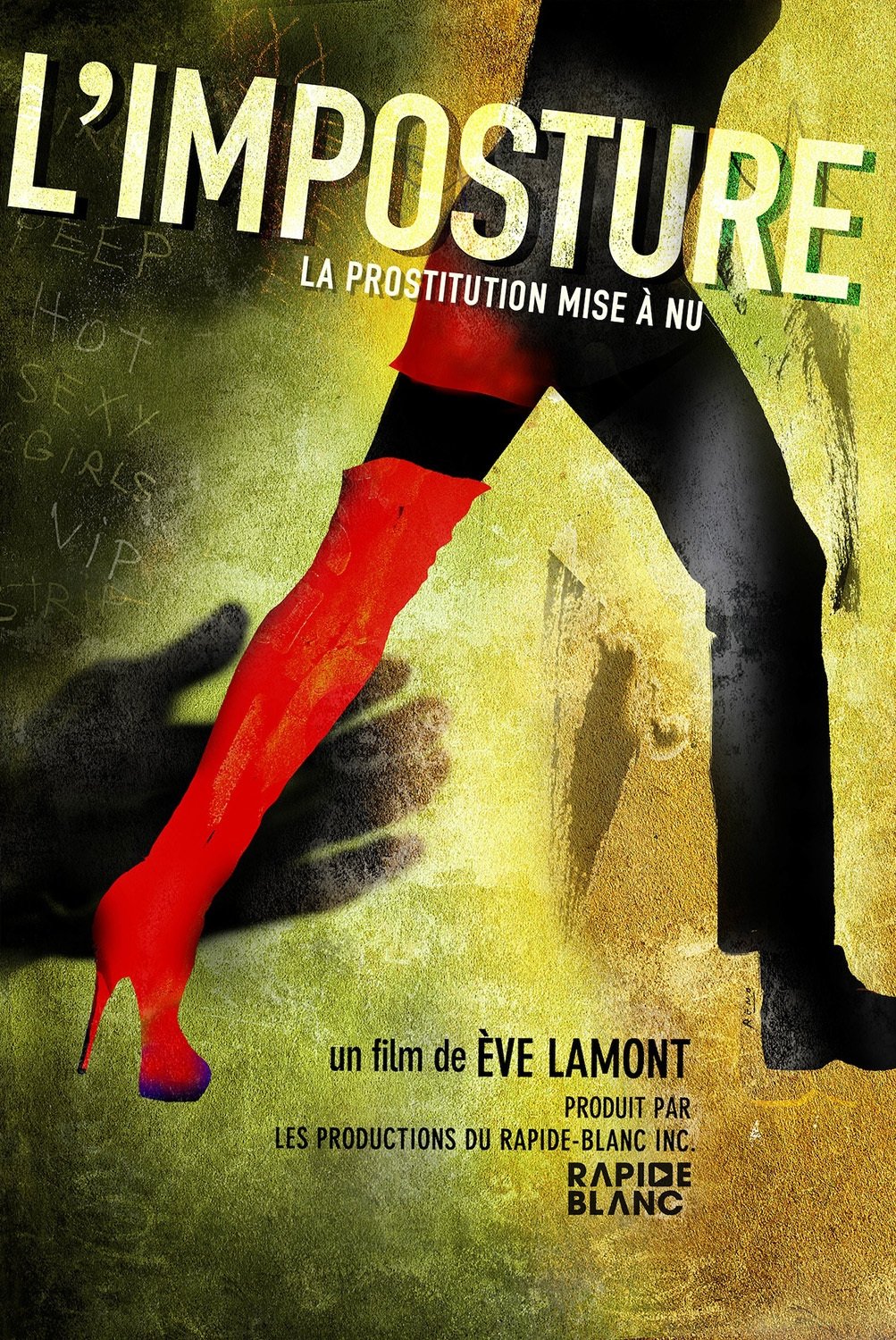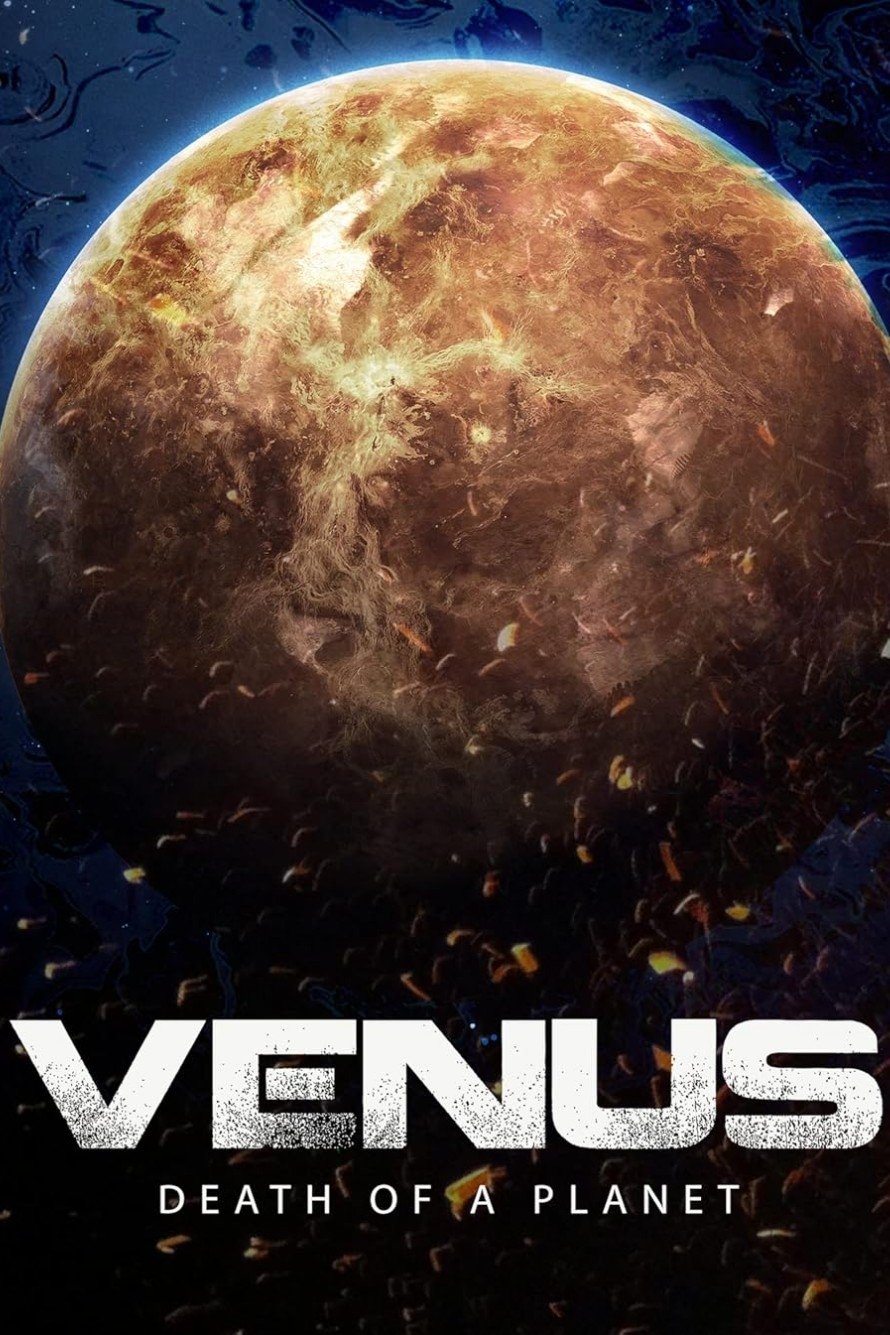What Killed the Roman Empire? (2022)
• November 19th, 2022 • 1h 30min
Documentary, History, TV Movie
Overview
Why did the Roman Empire, which dominated Europe and the Mediterranean for five centuries, inexorably weaken until it disappeared? Archaeologists, specialists in ancient pathologies and climate historians are now accumulating clues converging on the same factors: a powerful cooling and pandemics. A disease, whose symptoms described by the Greek physician Galen are reminiscent of those of smallpox, struck Rome in 167, soon devastating its army. At the same time, a sudden climatic disorder that was underway as far as Eurasia caused agricultural yields to plummet and led to the westward migration of the Huns. Plagued by economic and military difficulties, attacked from all sides by barbarian tribes, the Roman edifice gradually cracked.
Make sure to check your pop-up blocker!!
Trailer
Similar Movies

Polisario: Liberation of the Western Sahara
Released on:
Documentary
A historical analysis of the on-going war in the Western Sahara. Liza Bear interviews Abdullah Majdi...

How the Monuments Came Down
Released on: 2021-06-10
Documentary
How the Monuments Came Down is a timely and searing look at the history of white supremacy and Black...

The War to End All Wars - The Movie
Released on: 2023-04-11
History, War, Music
"The War To End All Wars - The Movie" is an animated musical and historical journey that brings to l...

Searching for Skylab, America's Forgotten Triumph
Released on: 2019-02-08
Documentary, History, Family
The first American space station Skylab is found in pieces scattered in Western Australia. Putting t...

RiverBlue
Released on: 2017-04-03
Documentary
RiverBlue chronicles an unprecedented around-the-world river adventure, led by renowned paddler and ...

Personal Che
Released on: 2007-09-01
Documentary
A documentary that explores the myth behind the truth. Different people around the globe reinterpret...

Les héritiers
Released on: 1955-01-01
Documentary
Gilles Groulx's first film shot in 1955 with a camera borrowed from his brother and edited during hi...

The Poison Squad
Released on: 2020-01-28
Documentary, Crime
The story of government chemist Dr. Harvey Wiley who, determined to banish dangerous substances from...

This Is It
Released on: 2009-10-28
Music, Documentary
A compilation of interviews, rehearsals and backstage footage of Michael Jackson as he prepared for ...

Ashes to Idols
Released on: 2021-04-10
Documentary
The journey from ashes to idols through the eyes of a teenager who has created many jobs in the proc...

The Fallacy
Released on: 2010-11-01
Documentary, Drama
The current trend to render prostitution a profession "as any other" is belied by women who were the...

Baraka
Released on: 1992-09-15
Documentary
A paralysingly beautiful documentary with a global vision—an odyssey through landscape and time—that...

A French Revolution
Released on: 2022-02-23
Documentary
October 2018, France. Macron’s government decrees a tax increase on the price of fuel. A wave of pro...

Dangerous Liaisons: A Feminist Manifesto?
Released on: 2021-09-15
Documentary, History
Well known for its exploration of seduction and revenge, the “Dangerous Liaisons” by Choderlos de La...

Antoine de Caunes : la vie rêvée d'un enfant du rock
Released on: 2025-11-25
Documentary
Documentary on Antoine de Caunes, a French television presenter, comedian, actor, journalist, writer...

Eagle Boy
Released on: 2018-08-05
Documentary
A fearless horse bonds two men to each other and to the traditions that define their community.

Venus: Death of a Planet
Released on: 2021-08-28
Documentary, TV Movie
Billions of years ago, Venus may have harbored life-giving habitats similar to those on the early Ea...

The Degenerates
Released on: 1969-03-27
Comedy, Drama, History
A series of bawdy and satirical episodes written during the reign of the emperor Nero and set in imp...

Arena
Released on: 2021-09-28
History
A story of forbidden love. An LGBTQ drama set in Ancient Rome. Arena tells the incredible true story...
